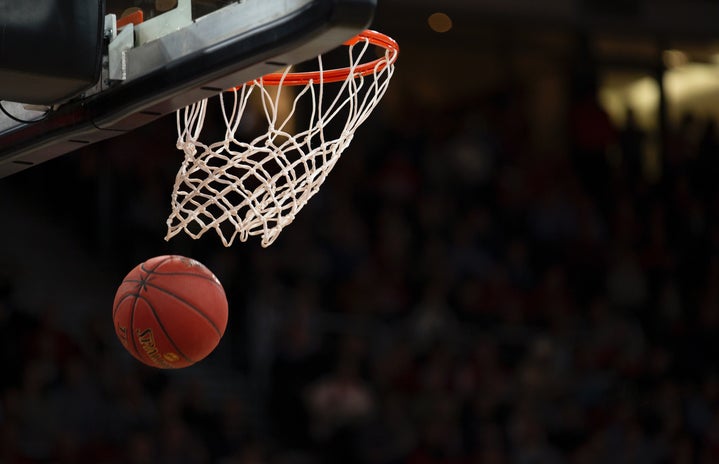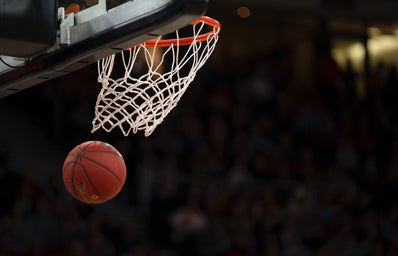March Madness came to a historic end last Sunday after a thrilling and record-breaking journey. The Iowa-South Carolina women’s March Madness championship match-up set a new record as the most viewed basketball game on ESPN, including professional games and the men’s tournament.
Unfortunately, this traction also brings wild and inaccurate gender ideology to the surface.
Journalists covering women’s sports seemed to be baffled by this sudden interest in women’s sports, failing to relinquish their stereotypical views of women when covering games. It’s as if this burst in popularity startled them—“ Wait…Women can play sports too??”
As such, the flood of media coverage on the women’s tournament was tainted by condescending, ignorant and drama-inducing headlines, which as a communications student, I find baffling and irresponsible.
Let me say that I understand that the NCAA is a business, and captivating storylines drive viewership. I get it.
However, a large amount of storylines surrounding the tournament depend on fabricated – and debunked — animosity between women on opposing teams. The classic “Let’s pit the strong women against each other” move is a lazy attempt to generate excitement about already highly anticipated games.
I scoured Google for a similar storyline in the men’s tournament. I found very only a few stories that were dependent on a single player, never mind declaring a battle between two players.
Not one of the articles covering the men’s tournament was nearly as personal or disgusting as an overtly racist and sexist piece published in the LA Times entitled: “UCLA-LSU is America’s sweethearts vs. its basketball villains”.
Can we see the problem already?
In the original article, the writer unnecessarily characterizes the game as a “reckoning”, compelling readers to choose between “America’s sweethearts” and “dirty debutants”, a phrase that has both racist and sexual connotations.
The article gets even more problematic, continuing to demonize the student athletes on LSU’s team. Namely, Angel Reese, a star player for LSU, was overly criticized in a grossly problematic way for a highly emotional and competitive moment of trash-talking during last year’s tournament, arguing that she “lacked class”.
The writer, a beat reporter for UCLA, has since apologized and redacted some of the more problematic lines.
Regardless, it is absolutely ridiculous that Angel Reese has been villainized for her taunting of Caitlyn Clark during their match-up last year. They were playing a highly competitive game. Trash-talking is inevitable.
Sports journalists must learn to dissociate the word “woman” with “dainty” and “polite.” Would a male player who started a mid-game fight be forever depicted as aggressive and evil? No. Men will start physical altercations with each other over a game, and nobody bats an eye.
Boys will be boys, right? And if boys are competitive, strong, and aggressive, that certainly means that women cannot also possess these traits.
Failing to recognize the athletic abilities and accomplishments of women in sports undermines their talent and dedication. Likewise, reducing female athletes to “villains” and sex objects is not only unacceptable and small-minded, but takes away from their purpose—excelling at their sports.
Female athletes are not characters to be molded for the media’s benefit. They are unbelievably talented individuals who deserve to be recognized as such.
It is not enough to cover women’s sports at a similar caliber to men’s. Journalists must apply the same admiration and respect they show towards men’s sports and male athletes to their female counterparts.
As women’s sports continue to gain the recognition they rightfully deserve, I hope to see a shift in the way we talk about women’s sports because the way we talk about women in sports matters. It matters to the athletes discussed and the little girls who look up to them.
It matters to women and girls everywhere.


